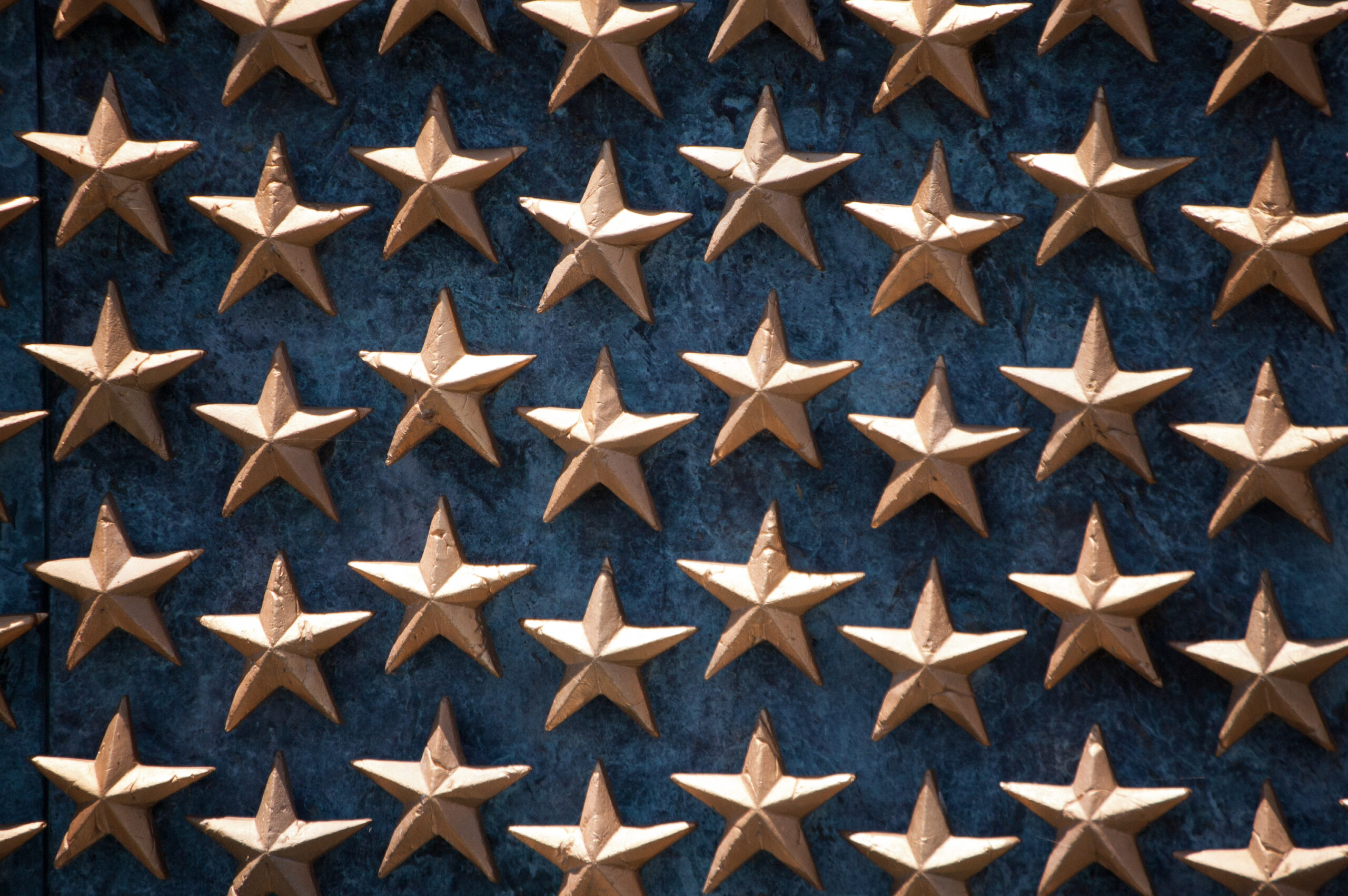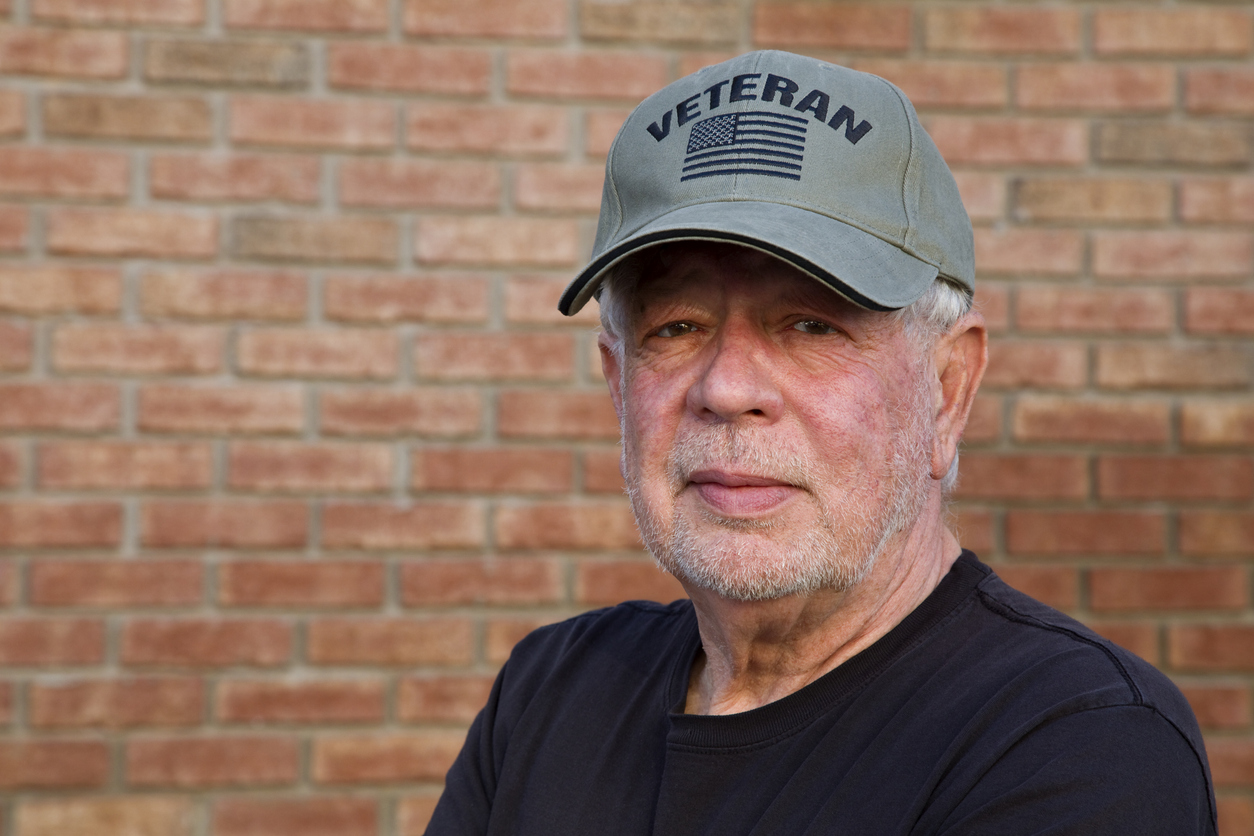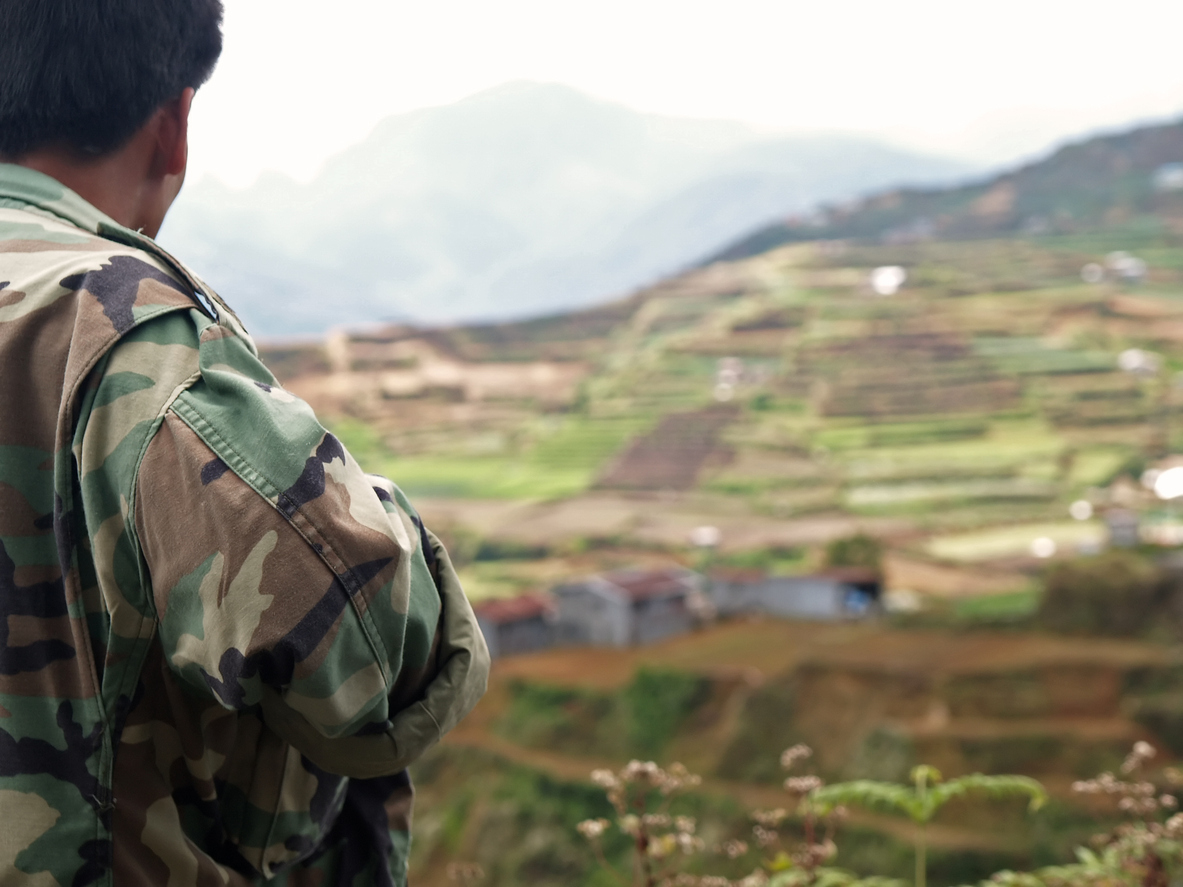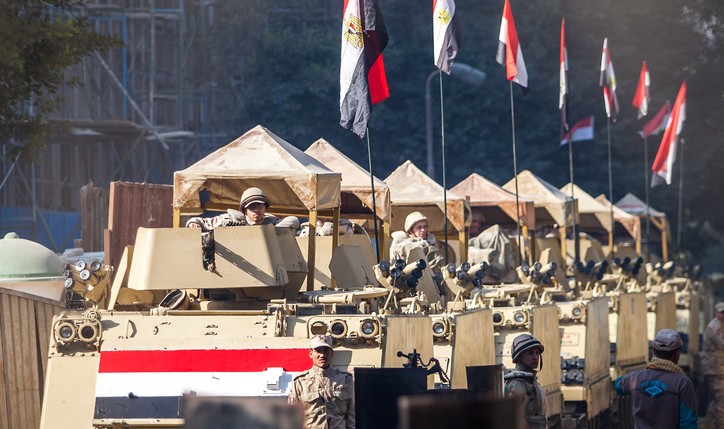*By former Director of Applied Research Jonathan Pinckney.
Why should veterans and military families care about authoritarianism?
American democracy is in a moment of crisis. Long-standing authoritarian trends and practices by a dedicated segment of our political class are undermining shared agreement on the rules of the political game, curbing constitutional rights and freedoms, excluding minority groups from political representation, and using disinformation and violence to suppress opposition. A growing segment of anti-democratic extremists have taken one of our political parties hostage, sidelining principled and patriotic pro-democracy leaders, in an attempt to advance a white Christian nationalist agenda.
Veterans are uniquely positioned to help stem this authoritarian threat. Upon entering their military service, veterans swore an oath of office to support and defend the Constitution of the United States against all enemies foreign and domestic. They chose to put their country above all else, and for that, they are venerated in their communities as true patriots and model citizens. Veterans have been on the frontlines of the fight against authoritarianism in the U.S. and around the world throughout our nation’s history. From the beaches of Normandy to the Korean Peninsula to the shore of Kuwait, committed servicemen and women risked their lives to defend freedom and democracy. Today, however, the authoritarian threat is found much closer to home.
Former top military commanders, including Gen. James Mattis, Lt. Gen. H.R. McMaster, and Gen. Mark Milley, among others, have modeled how both veterans and current servicemen and women can uphold their oath and code of ethics by standing against strongman tactics. Yet, as the January 6 insurrection revealed, some of the same characteristics that inspired veterans to serve—including a strong sense of patriotism, duty, and volunteerism for a purpose bigger than themselves—can also drive them down paths of violent extremism and manipulation by dishonorable, undemocratic actors.
Authoritarians seek to leverage Americans’ respect for veterans and current servicemen and women by using them as political pawns and targeting them and their families with anti-democratic misinformation and disinformation. More troublingly, White supremacist and other anti-government violent extremist groups explicitly seek out veterans for recruitment, hoping to use their discipline, skills, and credibility while taking advantage of their struggle to find purpose and community after leaving the military.
Getting veterans and military families directly involved in the struggle for democracy is a potent way to draw on the strong sense of civic duty and the skills and discipline that veterans and those who support them have developed during their military service. It can also provide a powerful avenue for preventing recruitment into violent extremist groups and help assuage the difficulties of the transition to civilian life. Many American veterans who have gotten involved in pro-democracy struggles see their activism both as a direct continuation of the commitments they made through their oath of allegiance, and as a core community through which they are able to find collective purpose in civilian life.
Veterans and military families have a long history on the forefronts of activism to advance American democracy. Today, many organizations are mobilizing veterans and military families for greater civic engagement. Leveling up those engagement efforts and joining forces with the larger pro-democracy ecosystem can be a powerful force for protecting, healing, and revitalizing American democracy.
How can Veterans and Military Families Support Democracy?
- Veterans can leverage the high levels of respect that most Americans have for them to be powerful persuaders for democracy. For example, during the 2020 election statements by retired military flag and general officers demanding that election officials ”Count Every Hero” served as a powerful, nonpartisan counterweight to attempts to undermine the right to vote.
- Veterans can use their discipline, training, and high levels of community cohesion to be powerful mobilizers for democracy, participating in and often leading community organizations and social movements to protect the right to vote and advance the rights of all Americans to fully participate in our democratic process. During the civil rights movement, Black WWII and Korean War veterans like Medgar Evers and Hosea Williams drew on the skills and confidence they gained during their military service to lead key civil rights organizations and often lead the way in the riskiest forms of activism.
- Veterans and military families are in a particularly influential position to build bridges across partisan and identity-based divides. Toxic partisan polarization has extended across almost every major social identity in American life, from geography to hometown to race and ethnicity. Yet veterans and military families span the political spectrum. This makes non-partisan veterans groups one particularly important forum for conversation to break down toxic polarization, build networks across divides, and counter the misinformation and disinformation that authoritarian actors use to undermine American democracy.
- In moments of democratic crisis, veterans can be important influencers to active-duty military, police, and other security forces, drawing on their connections and shared experience to call on people in these institutions to stand up for democracy and not follow illegal or unconstitutional orders. For instance, during the “Orange Revolution” in Ukraine, former air force chief General Volodymyr Antonets built an extensive network of contacts among mid-ranking Ukrainian officers that helped ensure that the Ukrainian military was not used to violently suppress peaceful pro-democracy protesters.
The Horizons Project’s Work
The Horizons Project recognizes the importance of veterans as a force for democracy and is engaging with diverse veteran service and military family organizations to help establish a common framework to understand and combat the authoritarian threat. We also seek to link these organizations more strategically with the pro-democracy civil society ecosystem. We are reaching out to or partnering with organizations such as We the Veterans, Divided We Fall, Veterans for Political Innovation, Common Defense, Armed Services Arts Partnership, Military Veterans in Journalism, The Mission Continues, Veterans for American Ideals, Secure Families Initiative, and National Military Family Association, among others.
- Research and Analysis: As part of its larger pillars of support project, Horizons is examining how veterans have helped protect democracy both in the US and other countries during democratic backsliding, and the most effective ways for veterans to leverage their unique position to do so. We will work with veteran and military family groups to share the results of this research and explore practical tools and ideas for how veteran service and military family organizations can mobilize their respective constituencies to pro-actively protect democracy from the current authoritarian threat. Horizons will produce short, action-focused publications and, together with partners, hold a series of salons on Veterans and Democracy.
- Relationship-Building: Research shows that protecting and restoring American democracy will require united effort across a wide range of sectors. Horizons is building connective tissue among veteran and military family groups, as well as other key nodes in the pro-democracy ecosystem to strategize how efforts to protect democracy can be most effectively coordinated at the state level and nationally. We will organize both formal events and informal conversations between veteran service and military family organizations, grassroots organizers, and others in the pro-democracy space to help build the foundations for united action to protect democracy as we move towards the 2024 election and beyond.
Detailed examples of the security sector in action here.




